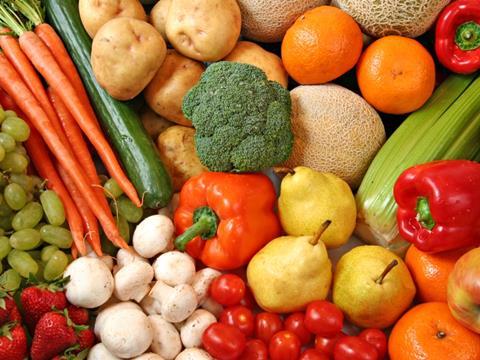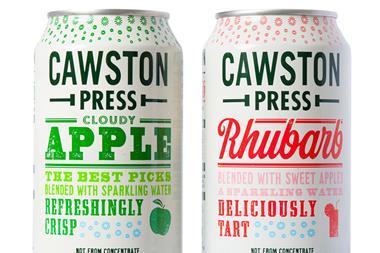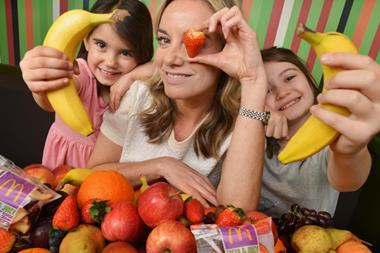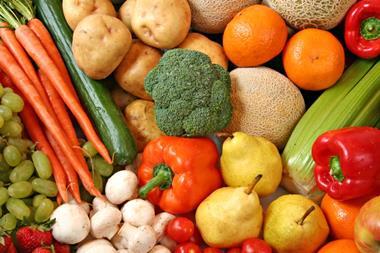
Frozen food manufacturers have blasted a new study on 5-A-Day for “misleadingly” suggesting eating frozen fruit is not as beneficial as fresh.
In a widely reported study on fruit and veg consumption, published today, researchers at University College London (UCL) said eating five portions of fruit and veg a day – as recommended under the government-backed 5-A-Day scheme – may not be enough to protect from health risks such as cancer and cardiovascular disease, and consumers should instead aim for seven portions a day.
Increased consumption of vegetables, salad, fresh and dried fruit showed “significant associations with lower mortality”, the researchers said, but they warned: “However, frozen/canned fruit consumption was apparently associated with a higher risk of mortality.”
The British Frozen Food Federation (BFFF) said lumping frozen fruit in with canned was unfair and misleading. “The report itself admits that frozen fruit is ‘held to be equivalent’ to fresh fruit; it also points out that most canned fruits contain higher sugar levels,” said its director general Brian Young. “Therefore, the negative result is likely due to the unfair grouping of two very different products.”
Young added: “In fact, research over several years has consistently shown that frozen fruit and vegetables can have equivalent or higher levels of vitamins and nutrients compared to fresh as freezing acts as nature’s preservative to lock in nutrients at their peak. In addition, using frozen can help to reduce food waste and has shown to be better value.”
The data underpinning the UCL study does not differentiate between frozen and canned fruit consumption, leading to both being grouped together. The UCL researchers acknowledged the limitations this created and stated “nutritionally, frozen fruit is generally held to be equivalent to fresh fruit”. They also said canned fruit packed was often high in sugar (especially when packed in syrup) and the higher mortality rates seen in those eating more frozen or canned fruit could be confounded by people living in deprived areas, having pre-existing health conditions “or a more hectic lifestyle”.
The researchers said they believed their study was the first to have observed an apparent link between consumption of frozen/canned fruit and an increased risk of mortality, and further analysis was needed – including splitting out frozen and canned consumption – to fully explain the results.
Beyond 5-A-Day
As for general guidance on produce consumption, the UCL researchers said those eating seven portions of fruit and veg a day had “the lowest risk of mortality from any cause”.
However, even eating just one or two portions a day made a big difference to overall mortality risks, they said, adding “those who ate one to less than three portions of fruit and vegetables a day showed significantly greater survival than those eating less than one portion per day”.
For cancer and cardiovascular disease specifically, consumption had to increase to an average of seven portions for risk to be lowered.
Overall, vegetables and salads appeared to be better at reducing mortality risk than fruit, the research also suggested.
Nigel Jenney, CEO of the Fresh Produce Consortium, said the study reinforced the benefits of eating fresh produce as part of a healthy diet. “With most consumers only eating 2.5 portions a day there is tremendous scope to increase consumption, but people shouldn’t be put off if they aren’t eating seven a day at present. The UK government must take account this research to do much more to build on its 5-A-Day campaign and encourage people to enjoy the fabulous range of fresh produce available today.”



















4 Readers' comments